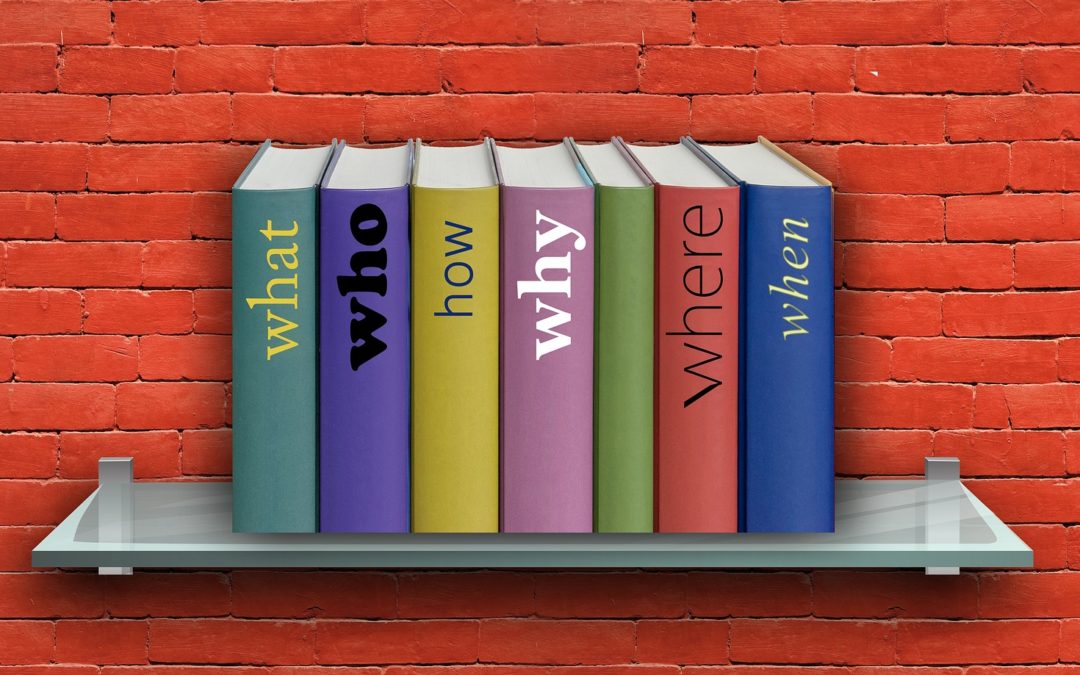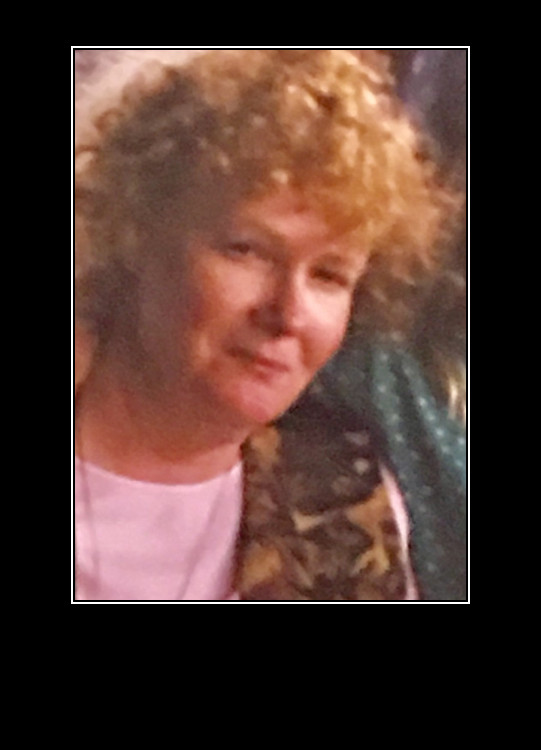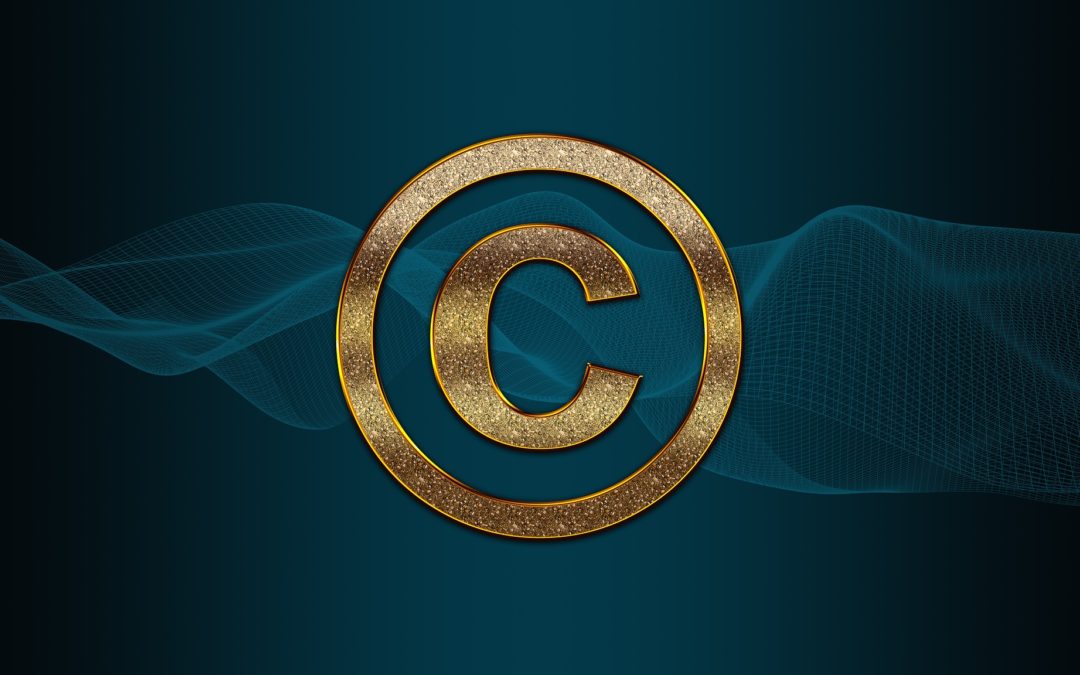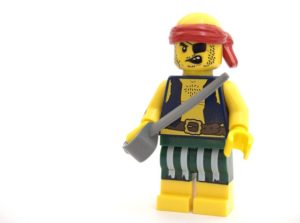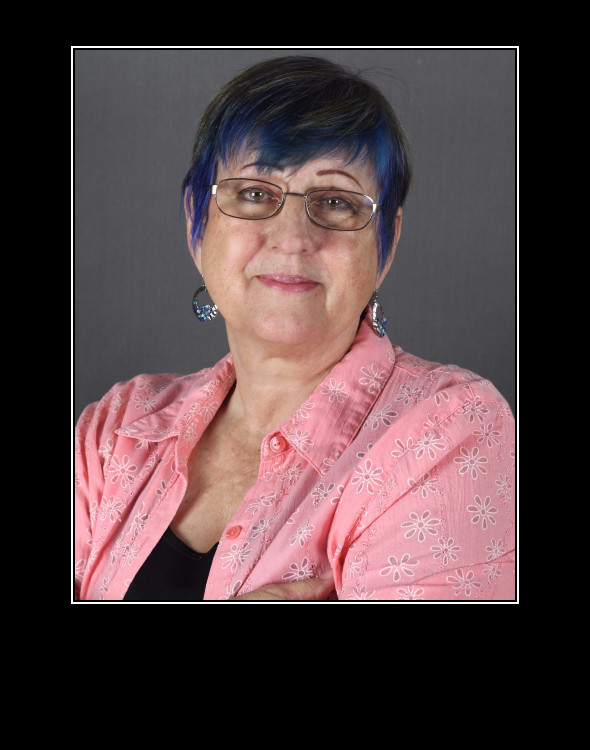Unlock reader interest with these 5 title picking tools
Your book title is important. It’s the first thing editors and readers see. For a lot of years I knocked around a lot of publishing houses and learned how to ask targeted questions. So, instead of trying to tell you what to do, I’m sharing a smattering of questions I recall from my on-the-job training. I put them in checklist form to help you explore various options for the best title for your next book.

___ 1. Target your title. Send readers a message that says: this novel is for you.
– Does it reflect your genre so it attracts your specific audience?
– Does your title convey the mood of your book? (Light-hearted or suspense?)
– Does your title match your cover art?
– Will your title appeal to the age and education level of your audience?
___ 2. Impress readers. What kind of first impression will your title make?
– Will your title stand out as memorable, original, creative?
– Does it say something specific and meaningful, not just general and boring?
– Did you run a search to see if your title is already taken by a well-known book?
– Have you tried using alliteration, or a clever play on words?
– Can you think of contradictory phrases and provocation to add interest?
– What about a funny twist, if it’s appropriate, to make your title memorable?
– Is there a unique or repeating phrase in your novel that works as a title?
– Did you try pairing a few words that don’t usually go together to stir curiosity?
___ 3. Terse works here too. Don’t try to dump your whole book into the title.
– Are you trying to keep your title down to two to five words?
– You can’t fit everything in, so can you try sticking with one or two concepts?
– Will it fit easily in URLs, tweets, small display spaces on e-books covers?
– Are you avoiding punctuation in your title that isn’t allowed in URLs?
– If you can’t stay under five words, did you consider adding a subtitle?
– If you add a subtitle, does it add new information, not reiterate the title?
– Have you considered a subtitle that cites a series name or volume?
– Did you avoid the one-word title that increases the risk of a duplicate title?
___ 4. Link with readers.
– Does your title provoke questions without confusing or misleading readers?
– Did you avoid using words that are easy to misspell or mispronounce?
– Is your title easy to enunciate, does it roll off your tongue if you say it aloud?
– Did you avoid unintended connotations or controversy that alienates readers?
___ 5. Elucidate your story. Focus attention on your story without giving it away.
– Did you include key words that describe a major book theme, person, or idea?
– Have you considered what jumps out at you most about your book?
– Does a phrase come to mind that sums up your novel or article?
– Is there a main character trait that runs though the storyline that fits in a title?
– How can you hint at the plot line without giving everything away?
– How can you insert a question that makes readers want to investigate further?
– Does your title make readers curious about a main problem, dilemma, or theme?

